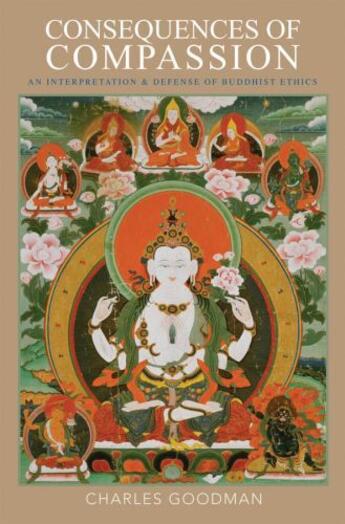Résumé:
To many Westerners, the most appealing teachings of the Buddhist tradition pertain to ethics. Many readers have drawn inspiration from Buddhism's emphasis on compassion, nonviolence, and tolerance, its concern for animals, and its models of virtue and self-cultivation. There has been, however,... Voir plus
To many Westerners, the most appealing teachings of the Buddhist tradition pertain to ethics. Many readers have drawn inspiration from Buddhism's emphasis on compassion, nonviolence, and tolerance, its concern for animals, and its models of virtue and self-cultivation. There has been, however, controversy and confusion about which Western ethical theories resemble Buddhist views and in what respects. In this book, Charles Goodman illuminates the relations between Buddhist concepts and Western ethical theories. Every version of Buddhist ethics, says Goodman, takes the welfare of sentient beings to be the only source of moral obligations. Buddhist ethics can thus be said to be based on compassion in the sense of a motivation to pursue the welfare of others. On this interpretation, the fundamental basis of the various forms of Buddhist ethics is the same as that of the welfarist members of the family of ethical theories that analytic philosophers call 'consequentialism.' Goodman uses this hypothesis to illuminate a variety of questions. He examines the three types of compassion practiced in Buddhism and argues for their implications for important issues in applied ethics, especially the justification of punishment and the question of equality.
Donner votre avis














